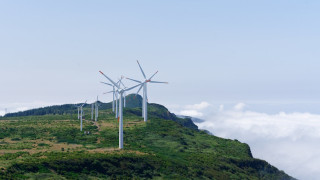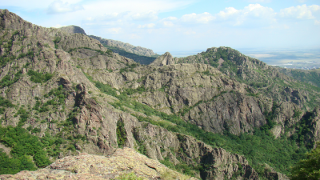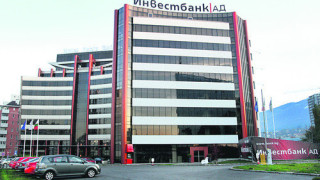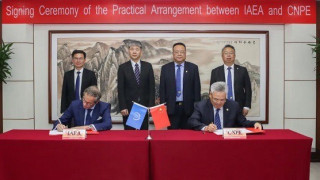
Jim Ratcliffe’s Ineos has been granted support worth €178m from Germany and others

The company controlled by the prominent Brexit backer Jim Ratcliffe, Britain’s richest man, has received pledges of tax breaks from EU governments potentially worth hundreds of millions of euros since the UK voted to leave the union.
The chemicals and plastics company Ineos’s subsidiaries and joint ventures have been granted support from Germany, the UK, Belgium and France of at least €178m (£155m), according to a Guardian analysis of the European commission’s state aid data since July 2016.
The commission only provides ranges for the amount of aid given, meaning the true total may be well over €300m.
Ratcliffe, the owner of 60% of Ineos, has been highly critical of the EU’s tax policy. He is also reportedly planning to move to Monaco for tax reasons.
The Sunday Times reported that Ratcliffe and other Ineos executives were planning to take between £1bn and £10bn to the principality, which is not part of the EU, potentially depriving the UK Treasury of between £400m and £4bn in income tax.
The majority of state aid to Ineos companies controlled by Ratcliffe came in the form of tax breaks. Many of them have been linked to policies designed to accelerate the transition towards renewable energy, as well as tax reliefs for large industrial energy users.
Ineos did not respond to a request for comment.
This month, Ratcliffe sent an open letter to the European commission president, Jean-Claude Juncker, that described the EU’s environmental tax policies as “foolish”.
The lion’s share was given by Germany, which provided “tax advantages” or tax rate reductions of at least €174m. Three of the awards were worth more than €30m but the European commission was unable to detail the maximum size of those tax breaks.
Belgium gave Ineos €1.9m in grants to compensate for indirect costs from the EU emissions trading scheme. France gave a single €262,000 grant in July 2016.
The UK has granted Ineos and Petroineos, a joint venture with PetroChina, which runs the Grangemouth refinery near Falkirk, between €2.3m and €5.8m since the start of 2017 for rebates on green taxes paid on their energy bills. The companies may not yet have received all of the state aid granted by the governments.
Ratcliffe’s personal fortune has increased markedly in recent years as Ineos’s business has boomed. The Sunday Times Rich List estimated his wealth grew by more than £15bn in 2017, making him Britain’s richest person with a £21bn fortune.
Ratcliffe has been in the chemicals industry for 38 years, according to Ineos’s website. In 1992 he was part of a buyout of BP’s chemicals business, InSpec Group. He left in 1998 to buy out its Antwerp site, creating Ineos.
The company, which employs 19,000 people worldwide, is one of the major suppliers of chemicals used to manufacture everyday products. Ineos is also deeply involved in the UK’s fracking industry. The company made profits of more than £2.2bn last year.
Ratcliffe, who was knighted in 2018, has used his wealth to fund a diverse range of business interests, including buying the Belstaff fashion label and the Swiss football club Lausanne-Sport in 2017.
Ineos is also close to choosing between Bridgend in Wales or a number of locations across Europe as the manufacturing site of a new off-road vehicle, inspired by the Land Rover Defender. Ratcliffe met the prime minister, Theresa May, last week to discuss his plans for the vehicle, as well as fracking policy, according to Sky News.
The Ineos parent company, Ineos AG, is based outside the EU in Switzerland after starting a move in 2010 aimed at saving €450m between then and 2014 in money that would otherwise have been paid in UK taxes.
Ineos has previously benefited from hundreds of millions of pounds of British government support. In 2014, the company received a £230m loan guarantee to build a storage tank at Grangemouth. The site’s petrochemicals plant was threatened with closure in 2013 but was saved after the Unite trade union accepted drastic changes to staff working conditions. In return, Ineos said it had invested £300m as part of a long-term survival plan for the plant.
The Guardian









Leave a comment